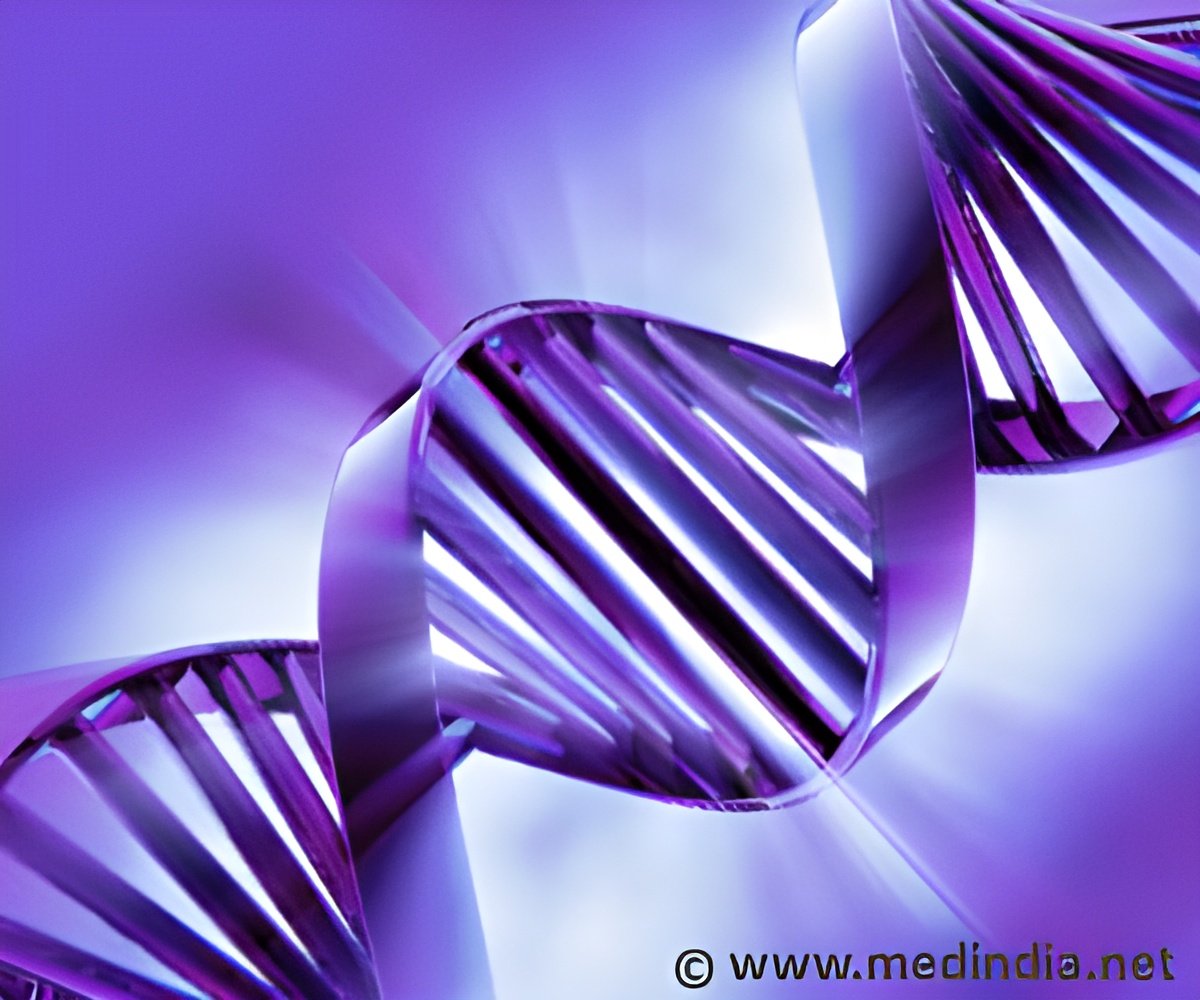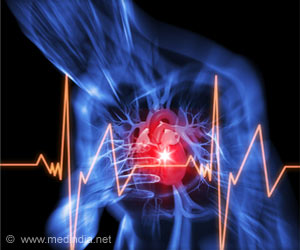
‘Astronauts face various health issues like immune dysfunction, loss of bone and muscle mass, liver problems. Circadian rhythm and cardiovascular problems are also observed. These issues occur because of mitochondrial dysfunction. Drugs for mitochondrial dysfunction are available but further testing is required.’
Read More..Tweet it Now
The study was published in the journal Cell.Read More..
Senior author Afshin Beheshti, principal investigator bioinformatician at KBR in the Space Biosciences Division of the NASA, visiting researcher at the Broad Institute, and co-president at the COVID-19 International Research Team (COV-IRT) said, “We started by asking whether there is some kind of universal mechanism happening in the body in space that could explain what we’ve observed. What we found over and over was that something is happening with the mitochondria regulation that throws everything out of whack.”
Mitochondria are cell organelles that generate energy the cells need for various biochemical reactions which is needed for the different life processes. This energy is stored in small molecule called ATP (Adenosine Triphoshphate) which drives biological contraction and nerve impulse propagation.
Data was analyzed from NASA’s GeneLab platform which contains a comprehensive database including data from animal studies, NASA Twin study and samples of 59 astronauts who have travelled to space over a decade. The database also contains a range of biological data related to changes in tissues and cells that occur due to the combined effects of space radiation and microgravity.
Beheshti said, “We compared all these different tissues from mice that were flown in space on two different missions, and we saw that mitochondrial dysfunction kept popping up. We looked at problems in the liver, and saw they were caused by pathways related to the mitochondria. Then we looked at problems in the eyes and saw the same pathways. This is when we became interested in taking a deeper look.”
Advertisement
Mitochondrial suppression as well as overcompensation which occurs due to mitochondrial suppression can cause many systemic organ responses as well as the common changes which are observed in the immune system.
Advertisement
During Scott’s time in space, alterations in his distribution of immune cells occurred which could be explained by the changes in the mitochondrial activity. Physiological data like blood and urine samples were collected from dozens of astronauts to confirm the suppression of the mitochondria in different cells.
Beheshti said, “I was completely surprised to see that mitochondria are so important, because they weren’t on our radar. We were focusing on all the downstream components but hadn’t made this connection.” Other common problems with extended space travel like disrupted circadian rhythm and cardiovascular problems can also be explained by mitochondrial dysfunction. Schisler added,"We can now ask more specific questions regarding the relationship between mitochondrial function and space flight. One challenging aspect of mitochondrial biology is the chicken and egg discussion. Are the changes in mitochondrial function resulting from other parts of the cell not working correctly, or do the elements of space directly impact the mitochondria? It’s exciting that our study opens the door for the design of mitochondrial-specific countermeasures that could negate the impact of microgravity and radiation on our body's cells to generate energy."
Now that the mitochondrial dysfunction is identified as a reason behind so many health issues related to space travel, there is hope to develop counter measures to address them. Beheshti said,“There are already many approved drugs for various mitochondrial disorders, which would make it easier to move them toward this application. The low-hanging fruit now would be to test some of these drugs with animal and cell models in space.”
Source-Medindia








